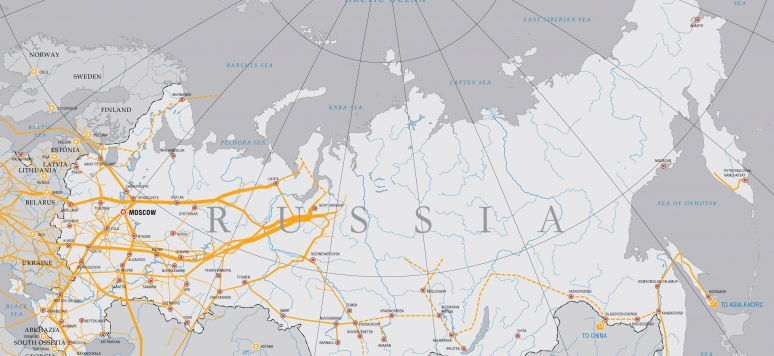Myths of Russian Energy Policy : Gas Deal with China, South Stream and relations with the EU

Practical information
Themes and regions
Related centers and programs
By personal invitation only
Vladimir Milov is a Russian opposition politician, publicist, economist & energy expert. Former Deputy Minister of Energy of Russia (2002), adviser to the Minister of Energy (2001-2002), and head of strategy department at the Federal Energy Commission, the natural monopoly regulator (1999-2001). Founder and president of the Institute of Energy Policy, a leading independent Russian energy policy think tank (since 2003).
The energy policy is a cornerstone of Russian foreign policy. Since Soviet times and until recently it was centered on relations with European countries. The gas agreement concluded with China in May 2014, the abandonment of South Stream and the evolution of EU approaches in energy matters question these fundamentals. What are the realities and the trends in Russian energy policy and what is the impact on UE-Russian energy relations?

Related Subjects
Other events

From Ambition to Action: Exploring Technological Partnerships with India
The 16th EU-India Summit, held on January 27th in New Delhi with European leaders António Costa, Ursula von der Leyen, and Prime Minister Narendra Modi, marks a significant milestone in deepening EU-India relations. At the same time, official bilateral visits from EU member states are on the rise, including that of the French President, who visited India in February to participate in the Artificial Intelligence Summit. As India asserts its technological ambitions and seeks to reduce its dependence on China, Europe is stepping up its efforts to diversify its strategic partnerships.

The Enlargement of the European Union: A Strategic Choice? France, the Western Balkans and the EU in an Uncertain Geopolitical Context
Russia’s war against Ukraine has brought the enlargement of the European Union back to the centre of European strategic debates. In this context, the Western Balkans have regained heightened visibility in discussions on the continent’s security, at a time when the international environment is marked by a growing number of destabilising factors.






